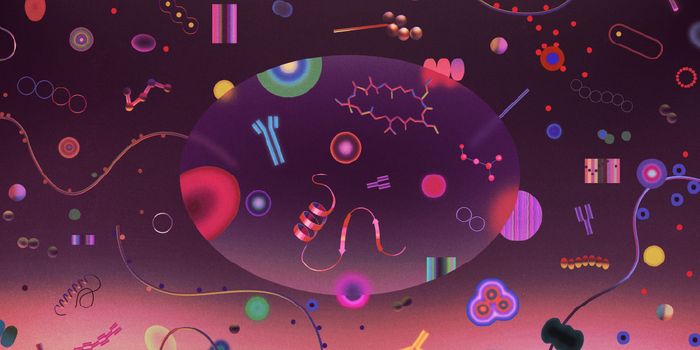Can Your Daily Cuppa Save Your Sight?
A hot cup of tea can be a welcome break during the day, but recent research suggests it might be more than that. A study published in the British Journal of Ophthalmology looked at glaucoma and found that a daily cup of tea might have a protective effect on glaucoma.
Glaucoma is a serious eye disease. Estimates are that more than 3 million Americans have it, but up to half of those patients don’t realize it. Open-angle glaucoma is the most common form of the disease and a leading cause of blindness. About 10% of patients who develop glaucoma will eventually go blind as a result. Approximately 9-12% of blindness is caused by glaucoma, and there is currently no cure. Once sight has been lost, there is no way to regain it. Glaucoma is the result of ocular pressure that impinges on and eventually destroys the optic nerve.
There is some research that suggests caffeine can reduce this pressure, but there has been no data on caffeine free drinks in comparison to caffeinated beverages, so investigators at UCLA wanted to know more. They sourced their data from the 2005-2006 National Health and Nutrition Examination Survey (NHANES) which is an annual survey of close to 10,000 people and includes interviews, exams, and even blood samples. Its purpose to collect information on health and nutrition habits. The 2005-2006 survey included tests for glaucoma.
The team at UCLA separated out the 1678 patients in the survey who had undergone a glaucoma exam. From those numbers, they found 84 patients who had developed glaucoma. All of the patients who had been tested for glaucoma were asked to complete detailed questionnaires on the types of food and beverages they regularly consumed, including caffeinated and decaffeinated coffee, tea and soft drinks.
After adjusting for factors like diabetes and smoking, both of which increase the chance of developing glaucoma, the numbers showed that those who reported having a hot cup of tea every day were 74% less likely to have or develop glaucoma compared to those who did not drink tea. While the association is noteworthy, researchers also noted that there was no such benefit to those who drank coffee, iced tea or soft drinks, whether caffeinated or not.
The study is not a definite indicator of tea as a preventative against eye disease. There was no data collected about the kind of tea, whether it was loose tea or bagged, the amount served, or the length of time taken to brew the tea.
Many research studies have shown that certain varieties have antioxidants and can reduce inflammation, but there was not enough information in this study to make any definite conclusions on tea and glaucoma risk. The study was also observational and only included a minimal number of patients who had the disease. No information was provided about when the glaucoma was detected either. More research is needed to fine-tune the data and investigate what it might be about tea that could help maintain eye health. Anne Coleman, M.D., Ph.D., lead researcher and director of the UCLA Mobile Eye Clinic, stated, We were quite surprised by these findings,” Coleman says. “This could certainly prompt further research into why this connection may exist. There may be other lifestyle factors with these daily tea drinkers that we’re not accounting for here.”
The video included has more information. Pour yourself a cuppa and check it out.
Sources: British Medical Journal, Consumer Reports, New York Times









